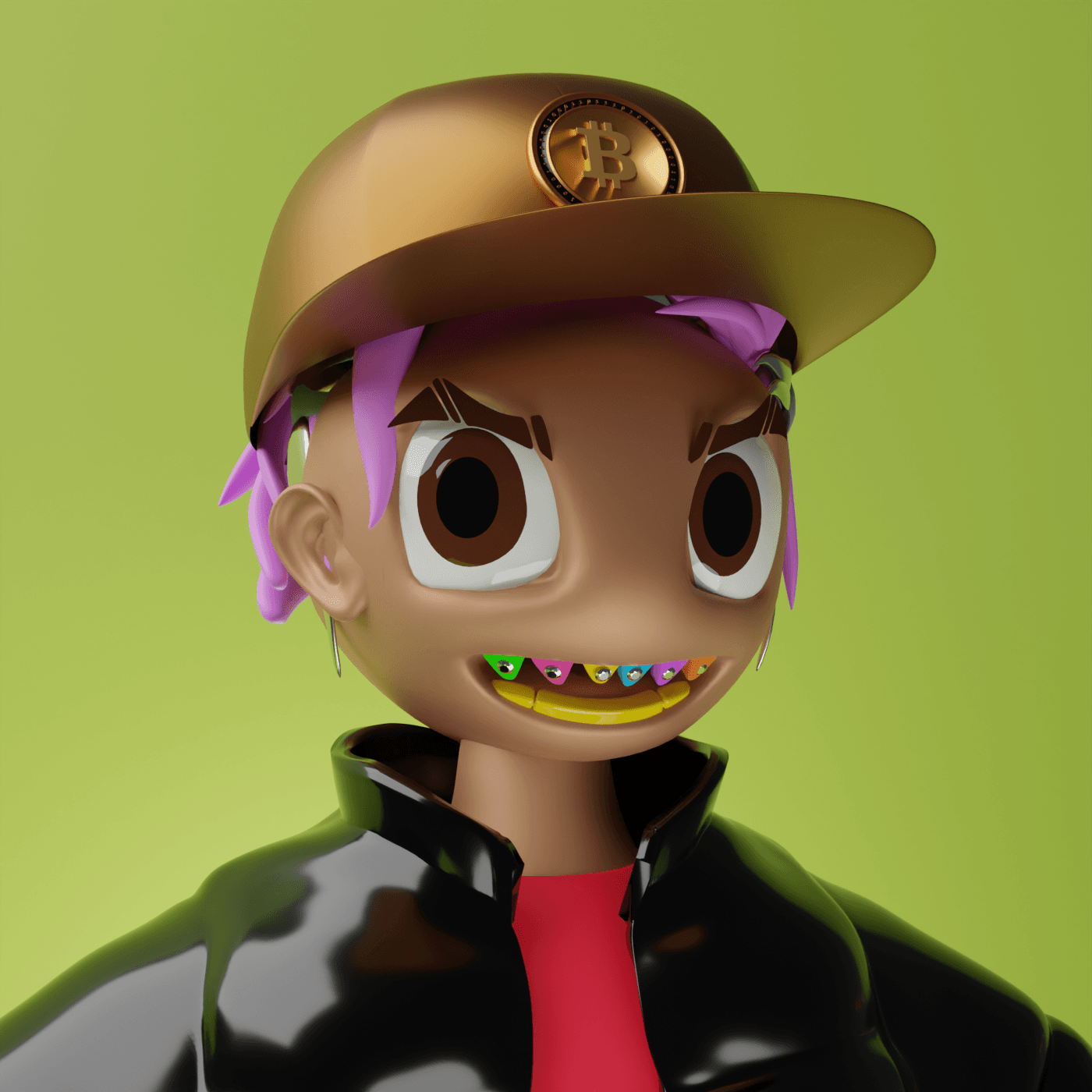About Me
BIOGRAPHY
Hi, I'm JenGuan a Web3 speculator passionate about token trading, airdrop hunting, DeFi, and all other sectors that can contribute GDP to capital 🫡 I have 7 years of experience in this field. I've always been seeking novel and innovative ways to turn our fellow retail investors' visions into reality.
Additionally, I'm a mediocre programmer with 2 years of experience. My main motivation for learning to code is to develop practical Web3 tools for earning tokens and launch Dapps to harvest retail investors (leeks) though I haven't succeeded yet. But I won't give up on this path to potential wealth j/k🤪.
Whether in the crypto space or development work, I need to keep learning and stay physically fit, hoping to live long enough to witness the day of true decentralization. Meanwhile, I look forward to becoming friends with those who pass by here..✨

Web3 Experience
Dev Experience
Token Holdings
Profitable Tokens
Self-Learned
Frontend Basics @Html/Css/Js
2023/4-2023/6 | BilibiliIn about three months, I managed to grasp the basics of frontend development - just enough to build a simple static website without breaking the internet! Think of HTML as the skeleton (keeping everything from falling apart), CSS as the fashion designer (making everything look pretty), and JavaScript as the puppet master (making things move and dance). These three piece set are the must-know basics for anyone diving into frontend development.
Advanced @Ajax/NodeJs/Git
2023/6-2023/7 | BilibiliAJAX is like a smart assistant - it helps you get information from servers without interrupting what you're doing on the website. Node.js is like a bridge - it lets JavaScript work both on websites and servers, connecting the two sides smoothly. Git is like a safety net - it keeps track of all your code changes and lets you go back to any previous version when needed.
Frameworks @Vue3
2023/7-2023/9 | BilibiliVue.js is a JavaScript framework for web interfaces, with three main features: 1. Creating Single Page Applications; 2. Component-based development; 3. Reactive data binding. Vue.js helps developers build complex frontend applications more efficiently while improving code maintainability and reusability.
Frameworks @React
2023/10-2023/11 | Official DocsReact, like Vue, is a popular frontend framework for building user interfaces. What sets React apart is its rich ecosystem, especially in the Web3 space. With better tooling and library support for blockchain development, React has become the go-to choice for building decentralized applications (Dapps) and Web3 projects.
Frameworks @Next.js
2023/12-2024/1 | Official DocsNext.js is a powerful extension of React that adds server-side rendering and static site generation capabilities. It simplifies the development process with features like file-based routing, API routes, and built-in optimization. It is my most frequently used frontend framework for Dapp development.
Database @MongoDB
2024-Present | Official DocsMongoDB is a popular NoSQL database that stores data in JSON-like documents. It's a key component of the MERN stack (MongoDB, Express, React, Node.js) and excels at handling large amounts of unstructured data. With its flexible schema and powerful querying capabilities, MongoDB is ideal for modern web applications and Dapp development.
Backend @Python
2024-Present | Official DocsPython is a powerful backend language that, with frameworks like Web3.py and Brownie, excels at blockchain interaction, smart contract testing, and DeFi operation automation. Python's rich libraries for data analysis and machine learning also play a crucial role in developing crypto trading bots and blockchain data analysis.
Learning...
Smart Contracts @Solidity
2024-Present | Official DocsSolidity is the primary language for EVM smart contracts, used for creating tokens (ERC20/ERC721), DeFi protocols, and decentralized applications. Key features include contract inheritance, libraries, and complex data types. Popular development tools include Remix IDE (browser-based), Hardhat (development environment), and Truffle (testing framework). Solidity is essential for anyone looking to develop on Ethereum, BSC, Polygon, and other EVM-compatible chains.
Smart Contracts @Rust
Not Started | Official DocsRust is the primary programming language for Solana smart contracts (Programs), known for its high performance and memory safety. It's used for developing NFT marketplaces, DeFi protocols, and gaming applications on Solana. Development tools include Anchor Framework (the standard framework for Solana), Solana Playground (web IDE), and SPL (Solana Program Library). While having a steeper learning curve than Solidity, Rust offers better performance and security features crucial for Solana's high-speed blockchain.